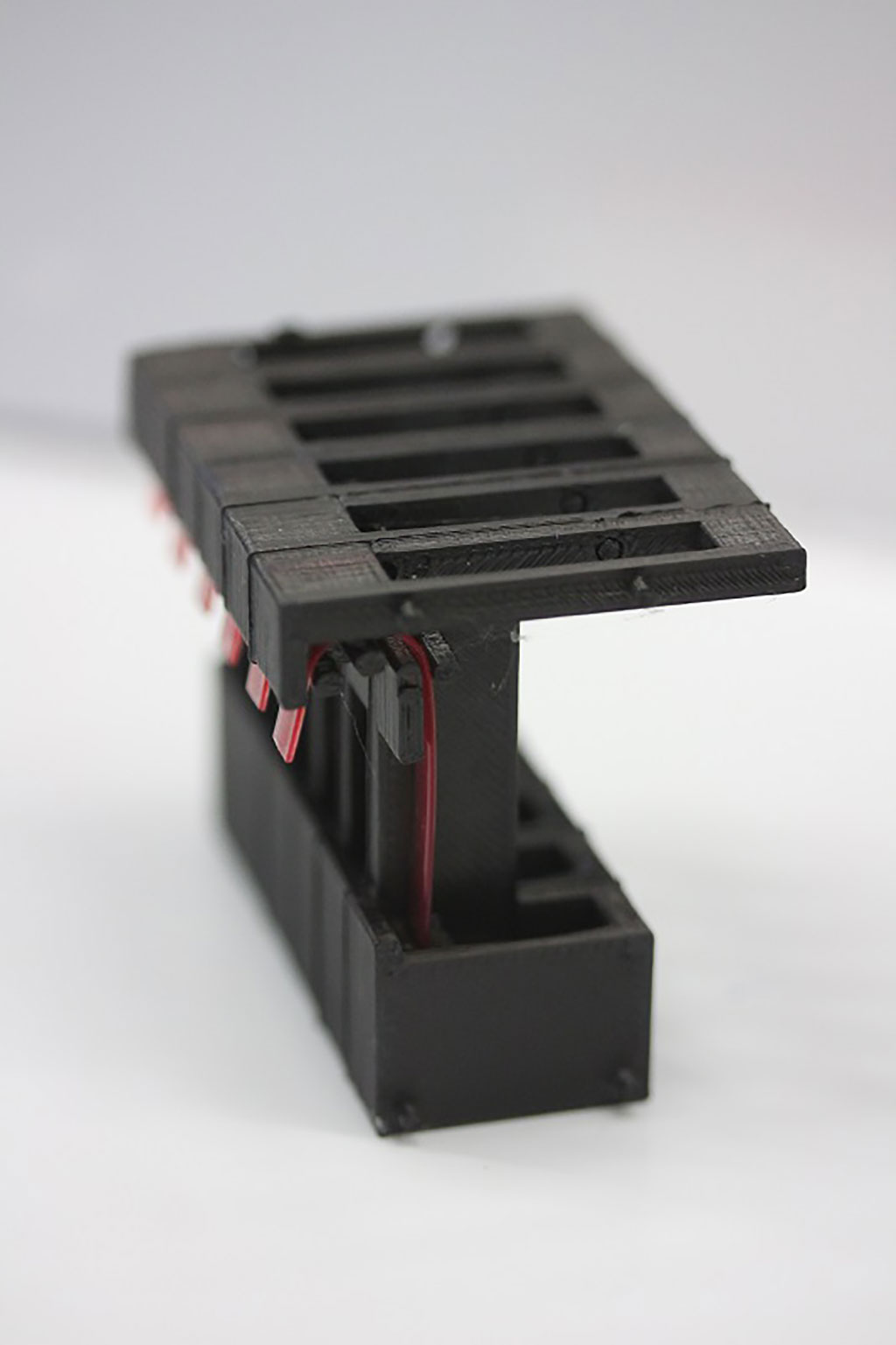Smartphone-Powered Microfluidic ‘Lab on a Strip’ Dengue Test More Powerful Than LFT Testing
Posted on 11 Apr 2022
Dengue fever affects an estimated 400 million people each year. While most cases are mild, dengue infections can lead to significant complications and can be fatal. Dengue can be most severe in children and is a serious health challenge facing half the global population. Now, new ‘lab on a strip’ technology has shown the capability of smartphone-powered tests for dengue fever.
Biomedical technology researchers from the University of Reading (London, UK) have developed the new diagnostic test for research that uses ‘lab on a strip’ technology, which performs 10 or more tests a very small amount of liquid sample (such as blood, urine or saliva). The researchers used a new diagnostic kit called Cygnus to detect dengue fever with significantly improved rates over lateral flow testing kits.

The team trialled the tests alongside already established alternatives and found the new tests showed 82% clinical sensitivity, beating lateral flow testing (74% sensitivity) and matching hospital-based lab diagnostics (83% sensitivity). At the same time, these devices make 10 measurements allowing us to identify which of the four different dengue virus types caused the infection.
“The paper shows exciting potential for the use of the microfluidic ‘lab on a strip’ tests that can be used in conjunction with a smartphone and are more powerful than LFT testing in this case,” said Dr. Sarah Needs, Postdoctoral Research Associate in Microfluidic Antimicrobial Resistance Testing from the University of Reading. “As well as being cheap to produce, the lab on a strip technology allows users to test many different targets at once in one single sample, so it could be useful to detect multiple diseases not just one.”
“While some people might only recently learned of the trade-offs between home vs. lab testing following COVID-19, in many parts of the world rapid lateral flow tests are used for a range of illnesses including dengue,” added Dr. Alexander Edwards, Associate Professor in Biomedical Technology at the University of Reading co-created the lab on a strip technology. “With the Cygnus concept, we are tackling the biggest hurdle for home testing. How do you make something portable that can be cheaply mass produced while still matching laboratory test performance? By designing the microfluidic lab on a strip using mass-production melt-extrusion it is possible to scale up production and produce hundreds of thousands of tests. By recording results with smartphones, which are becoming ubiquitous, we have designed something that could be revolutionary for healthcare.”
Related Links:
University of Reading








 Analyzer.jpg)





